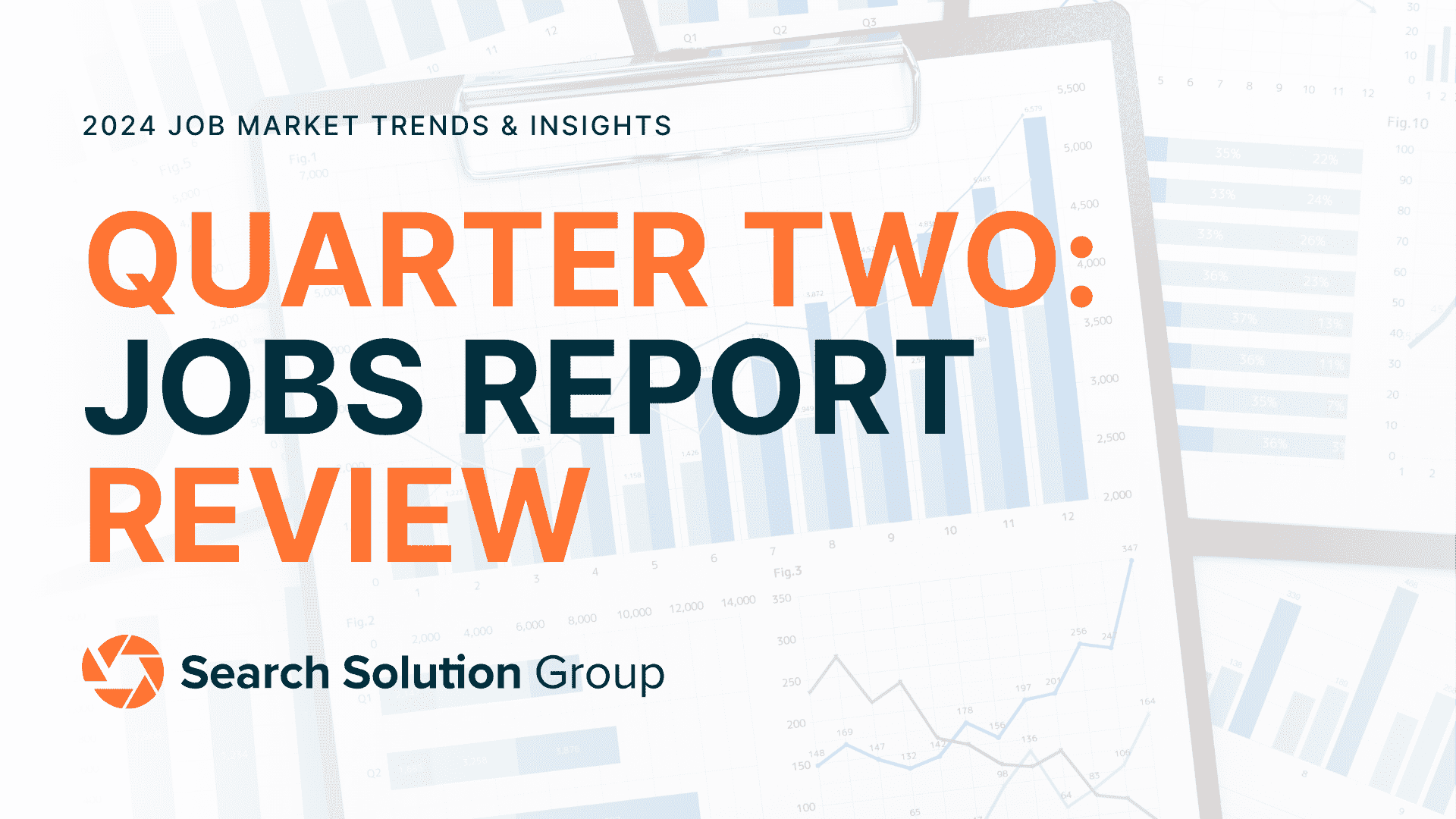Accounting and FP&A are different sides of the same coin. Whereas accounting focuses on the “what”, FP&A focuses on the “why”. While they both work in the same relative role within a company, the purpose of their work is vastly different. A company’s financial management requires both an accurate account of financial transactions, and analysis of those transactions in order for upper management to plan and to make prudent long-term financial decisions. When searching for the right candidates for an FP&A position or an Accounting position, it is imperative that one works with a recruitment firm that has a strong background in recruiting for accounting and finance roles.
What is the difference between Accounting and Financial Planning & Analysis?
The accounting department records and reports the financial transactions of the company which consists of sales, invoices, purchase orders, cash receipts, and disbursements etc. This department focuses on the details of “what” happened and ensures the financial transactions are recorded accurately and entirely. This allows accurate data to be analyzed by the FP&A Analyst, therefore, streamlining the process of information.
The FP&A Analyst is more concerned about the “why” behind the numbers, what is the cause that is affecting the numbers. FP&A professionals find the story hidden in the financial data to provide upper-level management the information needed to make strategic, operational, and tactical resource decisions. In short, the FP&A Analyst is investigating any change in the numbers, while Accounting records them.
What qualities should a strong candidate possess?
Great candidates for FP&A positions usually have a good understanding of business models and the flow of sales.They can easily pick up on what a business thrives on and the general drive of the customer base. These positions are incredibly diverse in what they ask of the employee, while one may require a more creative and innovative type, the other may require an attentive and detail oriented type. Accountant positions usually need someone who is more disciplined, consistent, and more “numbers” oriented. Understanding these differences between roles and the who fits best in companies is our specialty.
Though the qualities required to be successful in an Accounting or Financial Planning & Analysis role are very similar, a strong sense of curiosity caps off a great FP&A candidate.
- Curiosity. A good Financial Analyst knows to never take things at face value. The entire company cannot be seen in a snapshot. Having a natural curiosity and desire to discover what is behind the numbers ensures that multiple dimensions and perspectives reflected in the business are brought together in a quantitative and objective manner.
- Education. In order to become an Accountant, an undergraduate degree in Accounting is required. Designation as a CPA, Certified Public Accountant, is also recommended, but can be acquired while fulfilling an entry level accountant role. An FP&A Analyst most often will have an undergraduate degree in Finance, but Economics or Mathematics may suffice. Either an MBA or CFA (Chartered Financial Analyst), or both depending on the company, is also recommended.
- Aptitude. The ability to solve problems utilizing technology, such as Excel, SAP, Hyperion, Oracle, etc., is important for both the Accountant and the FP&A Analyst.
- Experience. A good candidate has experience! If an entry-level position is not possible for the company, recruiting efforts geared toward an experienced Accountant or FP&A candidate that is able to demonstrate having successfully implemented projects that have added value to the company is essential.
Recruiting for FP&A and Accounting Roles
Recruiting for any role within an FP&A or Accounting department requires a clear understanding of how the two differ, as well as how they work together. Search Solution Group’s team of headhunters is experienced in both areas – placing top talent in both the Financial Planning & Analysis and Accounting departments at large corporations and small businesses, alike. Recruiting for roles in each department vary depending on the size of the company. Typical roles where SSG’s recruiters have been trusted to find the right candidate are:
- Financial Analyst
- Sr. Analyst
- Business Analyst
- Business Strategist
- Financial Strategist
- Accountant
- Accounting Clerk
- Sr. Accounting
- Auditor
- Chief Financial Officer
- Controller
It’s very easy to confuse the two departments. They work very closely together, and in some companies you may find one department doing the duties of both. Working with a recruitment firm who clearly and deeply understands the nuances of each is the equation for success.





